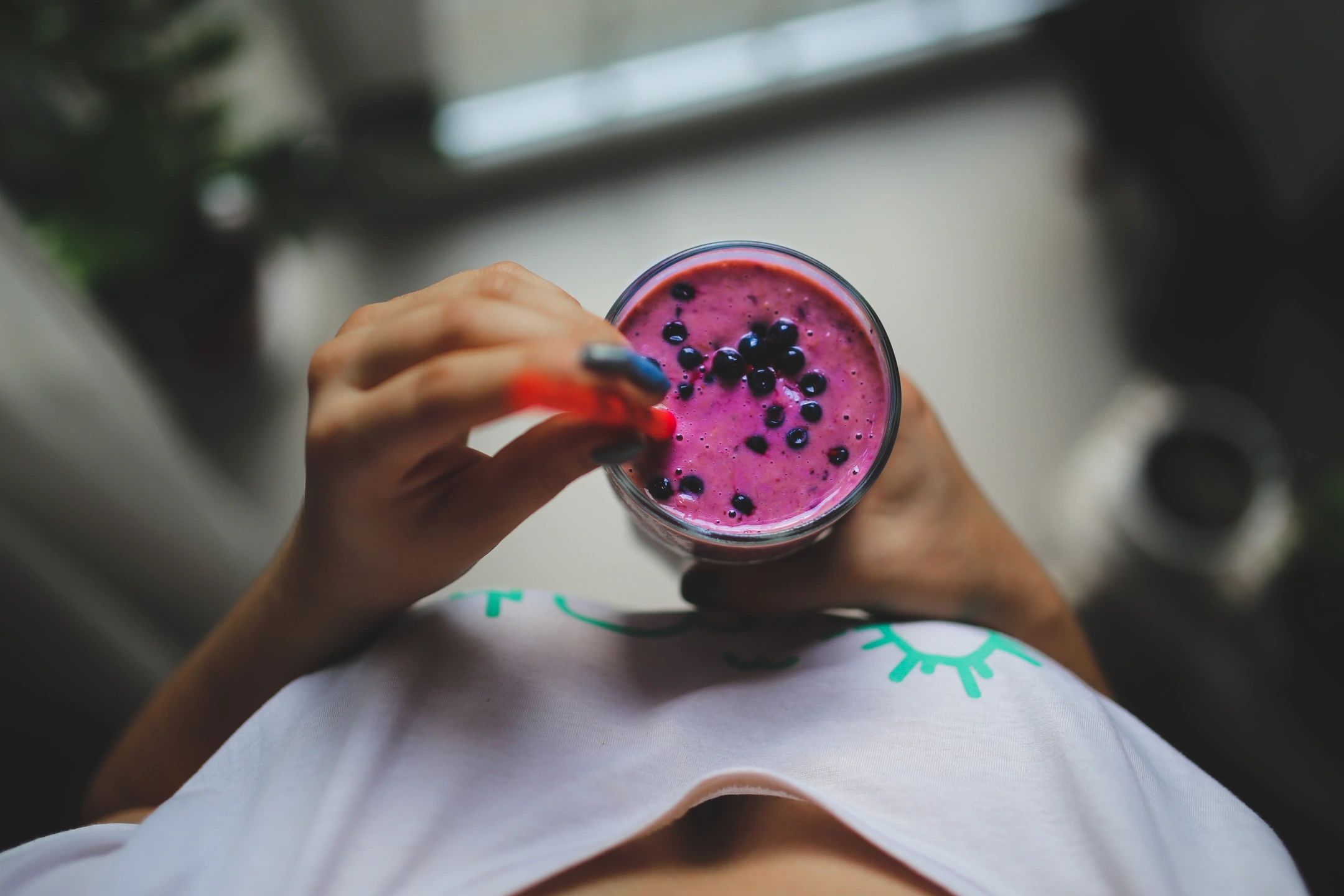In our ‘Fitness Fridays‘ segment this week, we will examine if Artificial Sweeteners are good for your fitness goals. Recent studies link these chemical sweet substitutes to potential health risks.
——————-
You meticulously track your macros, hit the gym religiously, and prioritize a healthy lifestyle. But are you unknowingly sabotaging your efforts with a seemingly harmless habit – consuming artificial sweeteners in excess?
These sugar substitutes, boasting zero calories, are prevalent in diet sodas, sugar-free candies, protein bars, and even some workout supplements. While they may seem like a win for calorie counting, the potential health consequences raise a red flag. Let’s delve deeper into the world of artificial sweeteners and their impact on your fitness journey.
A Sweet Deception: Unveiling the Chemistry Behind Artificial Sweeteners
Artificial sweeteners are chemically engineered compounds that mimic the taste of sugar, often hundreds of times sweeter. Some of the most common culprits you’ll find in your favorite “healthy” treats include:
- Aspartame: Found in diet sodas, sugar-free gum, and yogurt.
- Sucralose (Splenda): A popular sugar substitute in baked goods, protein bars, and beverages.
- Acesulfame K (Acesulfame Potassium): Often blended with other sweeteners due to its bitter aftertaste, present in diet sodas and sugar-free juices.
- Saccharin: The oldest artificial sweetener, used in tabletop sweeteners and some medications.
These seemingly simple compounds can trigger a chain reaction in your body. Studies suggest artificial sweeteners may disrupt gut bacteria, which plays a crucial role in digestion, metabolism, and immune function. A disrupted gut microbiome can lead to inflammation, weight gain, and even increased risk of chronic diseases like diabetes.
Here’s what some leading health organizations have to say:
- The World Health Organization (WHO): A review by WHO suggests a potential link between long-term consumption of artificial sweeteners and an increased risk of type 2 diabetes and heart disease. WHO’s new guideline
- The American Cancer Society: While acknowledging the safety of artificial sweeteners in moderation as per FDA regulations, the American Cancer Society emphasizes the need for more long-term studies on their potential health effects.
Beyond Calories: The Potential Health Risks of Artificial Sweeteners
The allure of artificial sweeteners lies in their calorie-free promise. However, research suggests they might not be as weight-loss friendly as advertised. Studies show a link between artificial sweetener consumption and increased sugar cravings, potentially leading to overeating and hindering weight management efforts.
Here’s a breakdown of some concerning health outcomes potentially associated with excessive artificial sweetener intake:
- Altered Blood Sugar Control: Artificial sweeteners may confuse your body’s natural ability to regulate blood sugar, potentially increasing the risk of insulin resistance and type 2 diabetes.
- Increased Cravings and Weight Gain: Studies suggest artificial sweeteners may trigger cravings for sugary foods, leading to overconsumption and hindering weight loss goals.
- Gut Health Issues: As mentioned earlier, artificial sweeteners may disrupt the gut microbiome, impacting digestion, nutrient absorption, and overall health.
Kicking the Habit: Natural Sweeteners for a Healthier You
While artificial sweeteners might seem like a convenient shortcut, the potential health risks outweigh the benefits for fitness enthusiasts. So, what are your alternatives?
- Embrace Natural Sweeteners in Moderation: Stevia, a plant-based sweetener, offers a guilt-free sweetness with minimal calories. However, moderation is key, as some forms of stevia can have a bitter aftertaste.
- Develop a Taste for Less Sweet: Gradually reduce your reliance on artificial sweeteners and processed sugary treats. Over time, your taste buds will adapt to appreciate the natural sweetness of fruits and unsweetened beverages.
- Embrace Whole Fruits: Nature’s candy! Fruits provide a dose of sweetness along with essential vitamins, minerals, and fiber.
Remember, a healthy lifestyle doesn’t require complete sugar deprivation. Indulge in moderation, prioritize whole foods, and choose natural sweeteners when a touch of sweetness is desired.
By making informed choices and opting for natural alternatives, you can truly fuel your fitness journey and optimize your health for a stronger, healthier you.

